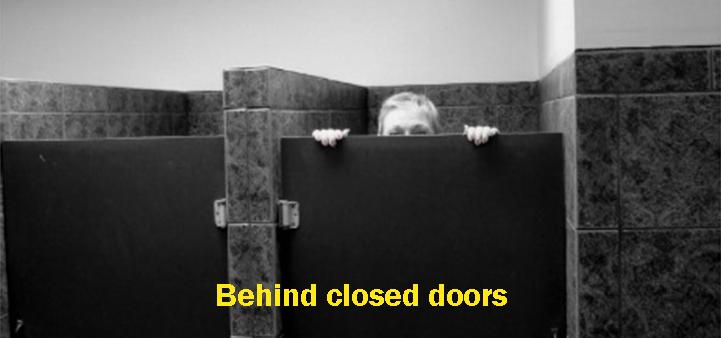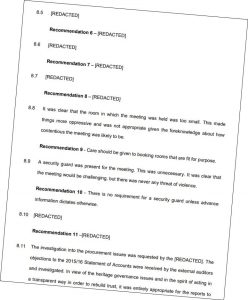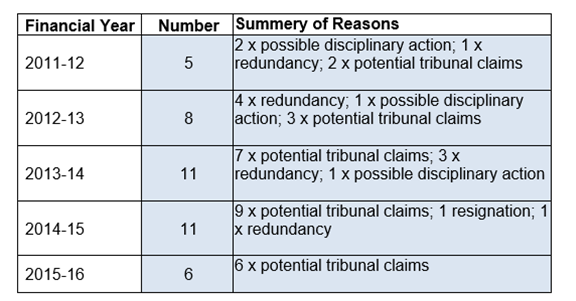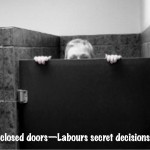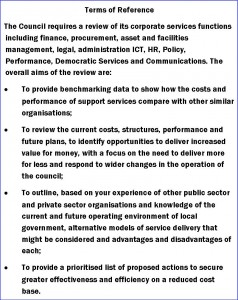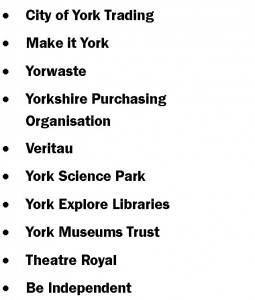A York Council committee will be considering how to make settlement agreements – made when employees leave the Councils employment – more transparent.

They will also touch on the number of “Non-Disclosure Agreements” issued by the Council (over 60 in recent years) and whether these are in the interests of taxpayers.
The proposals are on the agenda of the, normally secretive, Staffing Matters and Urgency committee meeting which takes place on 5th August. Unusually all the items on the agenda will be discussed in public.
Although the new process will involve the appropriate Executive Councillor, it does fail to lay down clear rules limiting the scale of enhanced payments to a leaving employee. They may still be seen by some managers as an easy way to get rid of under-performing staff.
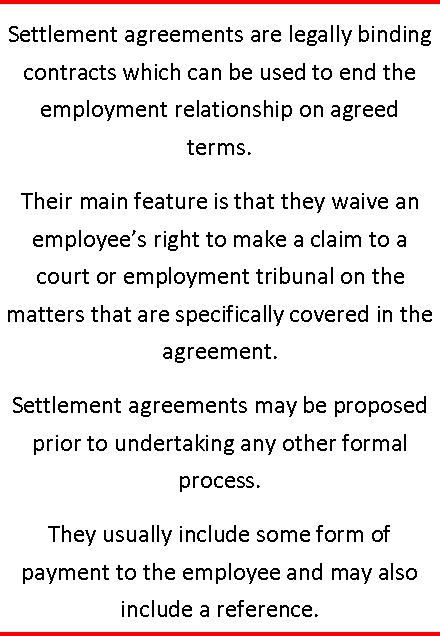
Non-disclosure agreements will still be possible.
There are no plans to routinely report the nature and value of settlements and agreements to a public committee.
There may still be a suspicion amongst taxpayers that enhanced payments are made solely to avoid the laborious processes and costs of an Employment Tribunal.
NB. The same meeting is being told that the Council has been unable to find a suitable candidate to fill the new post of Director of Governance and Improvement. Instead a Director of Governance is to be appointed at a salary of around £90k.

